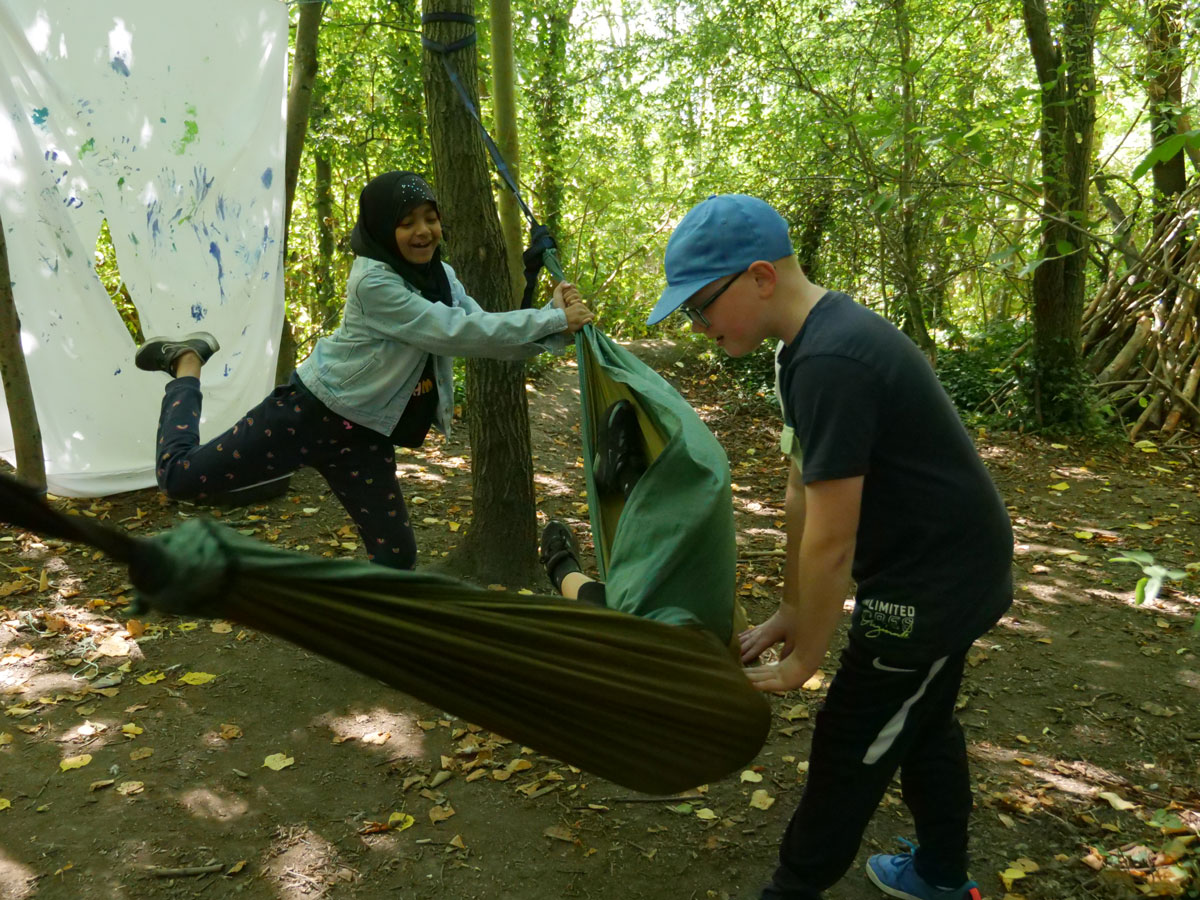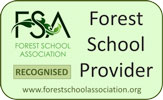Our Story
Find out about how Stomping Grounds grew from a small seed.
Stomping Grounds started as a seed of an idea back in May 2015 when our founder Sophie Watkinson discovered ‘Forest School’ and took it upon herself as a new special interest.
As an experienced educator working with young people who didn’t fit the mainstream model, Sophie saw an opportunity to do things differently. The first sessions took place in October 2015 at Thornley Woods, Gateshead. Sophie lit her first Forest School fire with her 1 year old daughter asleep on her back!
Some of those very first pre schoolers who came along are still with us today, accessing holiday clubs and our alternative provision. Some of their parents are now our most treasured practitioners!
Over the next 3 years Sophie connected with other like minded folk in the North East and started working alongside other practitioners.
In February 2017 Stomping Grounds North East CIC was formed, with Chopwell Youth Club being the first funded project they undertook.
In April 2019 Stomping Grounds crowdfunded to support the purchase and set up of a new woodland in Prudhoe.
Dukes Hagg Wood in Prudhoe became the base for Stomping Grounds, a hub of community activity.
During this time Stomping Grounds reputation for working with neurodivergent children and young people grew, and we became a multi award winning organisation.
In November 2023 Stomping Grounds became a Charity!!
Now, the work of Stomping Grounds North East has come full circle for Sophie. Starting her life as an educator in prisons and working with those not in education, Sophie is proud to have founded a charity that meets the needs of those who have struggled to find a place in the mainstream.
The team who have joined along the way have shaped what Stomping Grounds has become, and their lived experiences provide the basis for how we operate.

“When SG first began in 2016, with Sophie as the sole practitioner, it was always evident what its ethos and values were, and what made our offer stand apart. We slowly grew as Sophie’s ideas and drive for accessibility and equity expanded our provision into school settings and using a range of local green spaces. From a team of 3 lead forest school practitioners, our provision reflected the needs of local communities as we gained success in funding applications and began to evaluate the impact of our work. Our delivery team has lived experience of neurodivergence, which paired with our passion for forest school and developing skills and expertise, led to our very much in demand specialist provision. 2023 was a year of huge expansion in response to demand, where Sophie’s aspirations were realised. It has been a privilege to be part of the Stomping Grounds story.”






